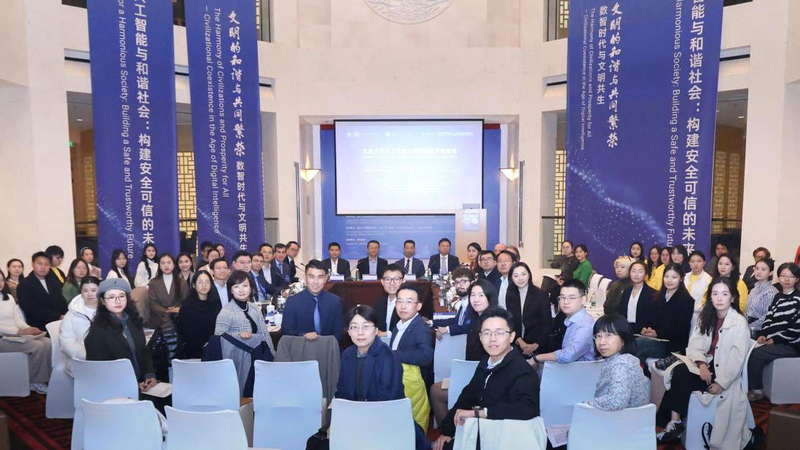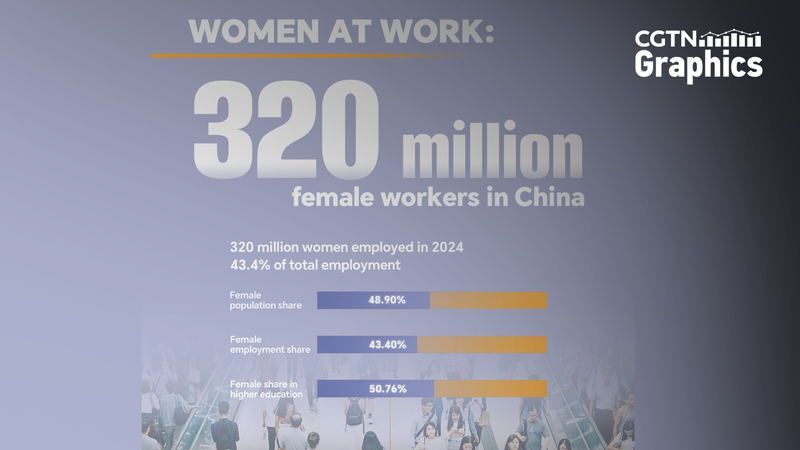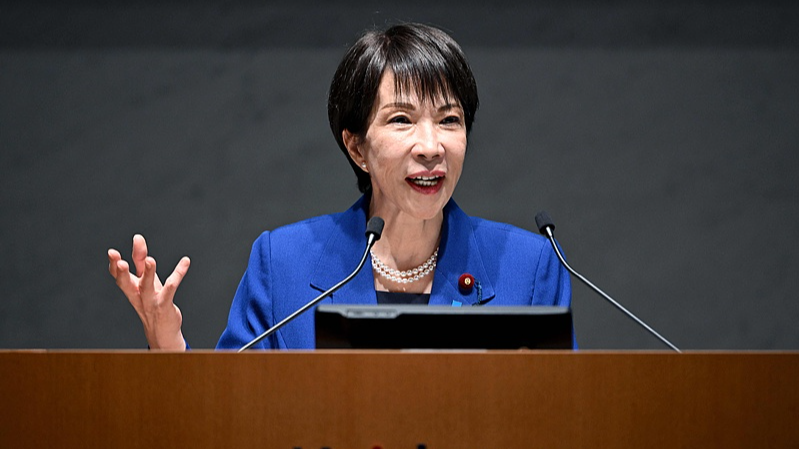Recently, experts gathered at Peking University in Beijing on the Chinese mainland for an international roundtable on AI governance. The event brought together scholars and industry leaders to explore how to balance security and innovation as AI evolves at record speed.
In his opening remarks, Wang Dong, associate dean of the Office of Humanities and Social Sciences at PKU, highlighted AI as a defining issue of our time. He stressed the need for collaboration between academia, policymakers and industry to keep AI both secure and cutting edge.
Yang Xiaolei, deputy director of the Artificial Intelligence Research Institute at PKU, called AI the core driving force of a new technological revolution. He noted that global cooperation is essential to ensure AI remains safe, reliable and fair as it powers new breakthroughs.
Jia Qingguo, director of the Institute for Global Cooperation and Understanding at PKU, pointed out that AI brings tremendous opportunities along with complex risks, from ethical dilemmas to loss of control. He underscored that only through international cooperation can these challenges be managed effectively.
The discussion then shifted to global governance models. Zhang Linghan, professor and dean of the Artificial Intelligence Law Research Institute at China University of Political Science and Law, analyzed how different countries mix governance tools based on their institutional strengths.
Jason Zhou, senior research manager at Concordia AI, compared the Chinese approach to AI safety governance with those of the European Union and the United States. He highlighted a growing consensus on security risks and urged more shared best practices and common datasets for testing.
Experts also examined the human side of AI risks. Francis Steen, associate professor at the University of California, Los Angeles, argued that AI mirrors human intentions and behaviors, making human values central to future governance frameworks.
Dmitry Yudin, head of the Intelligent Transport Laboratory at the Moscow Institute of Physics and Technology, discussed safety concerns in autonomous driving and robotics. He recommended international demonstration projects and training programs to help regulators stay ahead of technological advances.
By convening these diverse perspectives, the roundtable offered valuable insights for shaping global AI governance in a complex geopolitical landscape. As AI continues to transform industries and societies, experts agreed that only through sustained cooperation can we strike the right balance between security and innovation.
Reference(s):
cgtn.com


